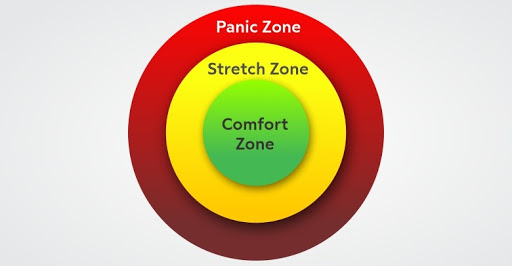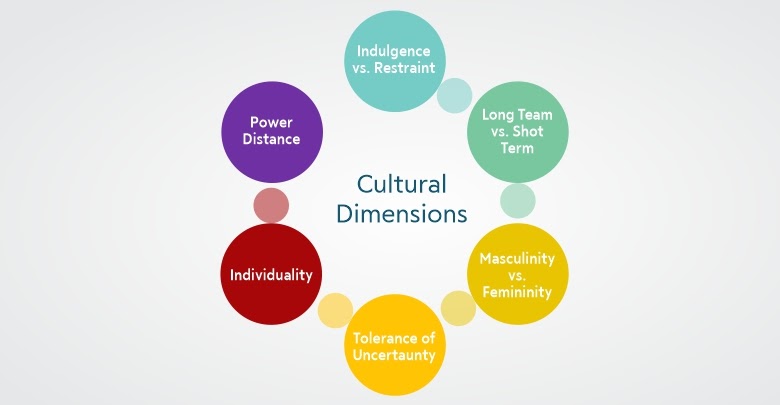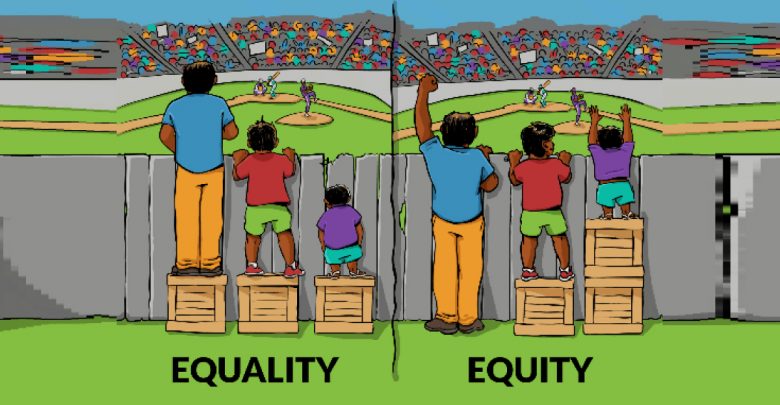Leilani van Rheenen
-
Why did I choose this tool? This tool will give you some insight of how you can deconstruct an emotionally charged political/religious conflict and facilitate a deep reflection process that reaches beyond these elements and reaches the core of the conflict on an emotional level and thereby has the potential to reach a genuine solution How does this apply to…
Read More » -
Why did I choose this tool? This tool uses a concept that is familiar to most trainers, that of the comfort zone, and makes it applicable to understanding and becoming more tolerant of ambiguity and uncertainty. How does this apply to being a trainer? There are so many layers of ambiguity in a training, from the ambiguity experienced by the…
Read More » -
Why did I choose this tool? It is a clear step by step approach to developing critical thinking skills. How does this apply to being a trainer? Dealing with concepts, beliefs, multicultural environments and differing worldviews is challenging. It requires the ability to be certain and confident about what we think and what we believe, while at the same time…
Read More » -
Why did I choose this tool? I personally like debates a lot and have learned a lot from the debates that I have participated in and from the ones that I have facilitated. I also know that it’s not always easy to have an effective debate, both from the perspective of the facilitator and that of the participants. I chose…
Read More » -
Why did I choose this tool? Because Hofstede’s work is considered to be so important in the field of culture and intercultural studies, I felt it should be included in the intercultural competence. However, I also look at it critically and can think of situations where this model could be very helpful, as well as situations where it wouldn’t be…
Read More » -
Why did I choose this tool? Since the process of expanding one’s worldview, reflecting on and shifting stereotypical constructions of reality is a very personal one it can be helpful to have a personal account of how someone was able to accomplish this and what the process was like for them. While open-mindedness can seem like a given in some…
Read More » -
Why did I choose this tool? The difference between equality and equity has been a source of frustration and wonderment for me. On the surface, I am a highly educated person that should have multiple opportunities to choose from. But the reality is quite different than that, because of my nationality and the country in which I received my education.…
Read More » -
Why did I choose this tool? Although the research behind and the proven importance of emotional intelligence is widely recognized, there is still a gap between how relevant emotional intelligence has been proven to be, and how widely it is applied and especially how developed, in every-day life. This tool once more brings to light how essential it is, using…
Read More » -
Why did I choose this tool? When it comes to personal development, it is very common to see certain phrases or “commands” if you will. “Be yourself”, “have integrity”, “love yourself”, etc. While we may not disagree with these phrases and even find them valid, there is not as much out there about how you can practically go about doing…
Read More » -
Why did I choose this tool? I chose this tool not only because it breaks down the different dimensions of power, but also because it focuses on a kind of power that is often ignored and that I am fascinated by and have been studying and observing for a few years now. It is the third kind of power, the…
Read More »









